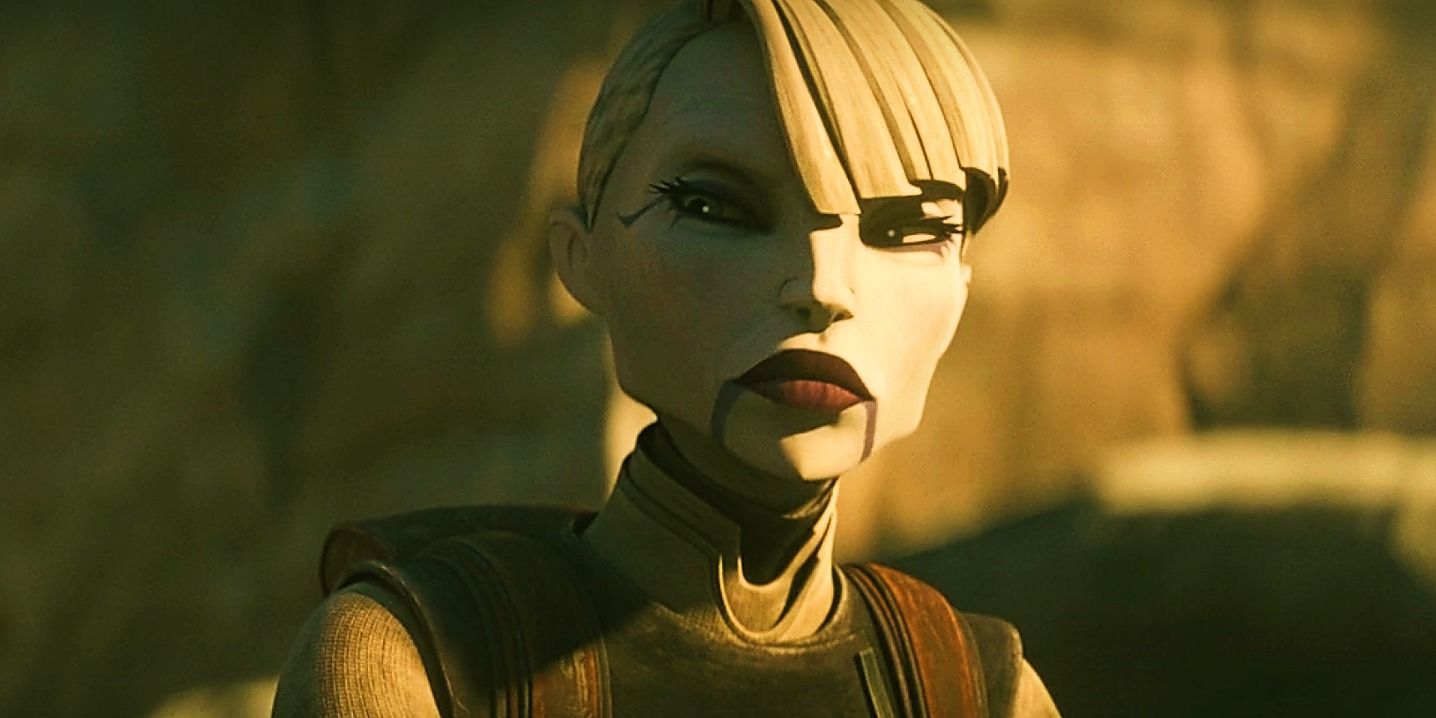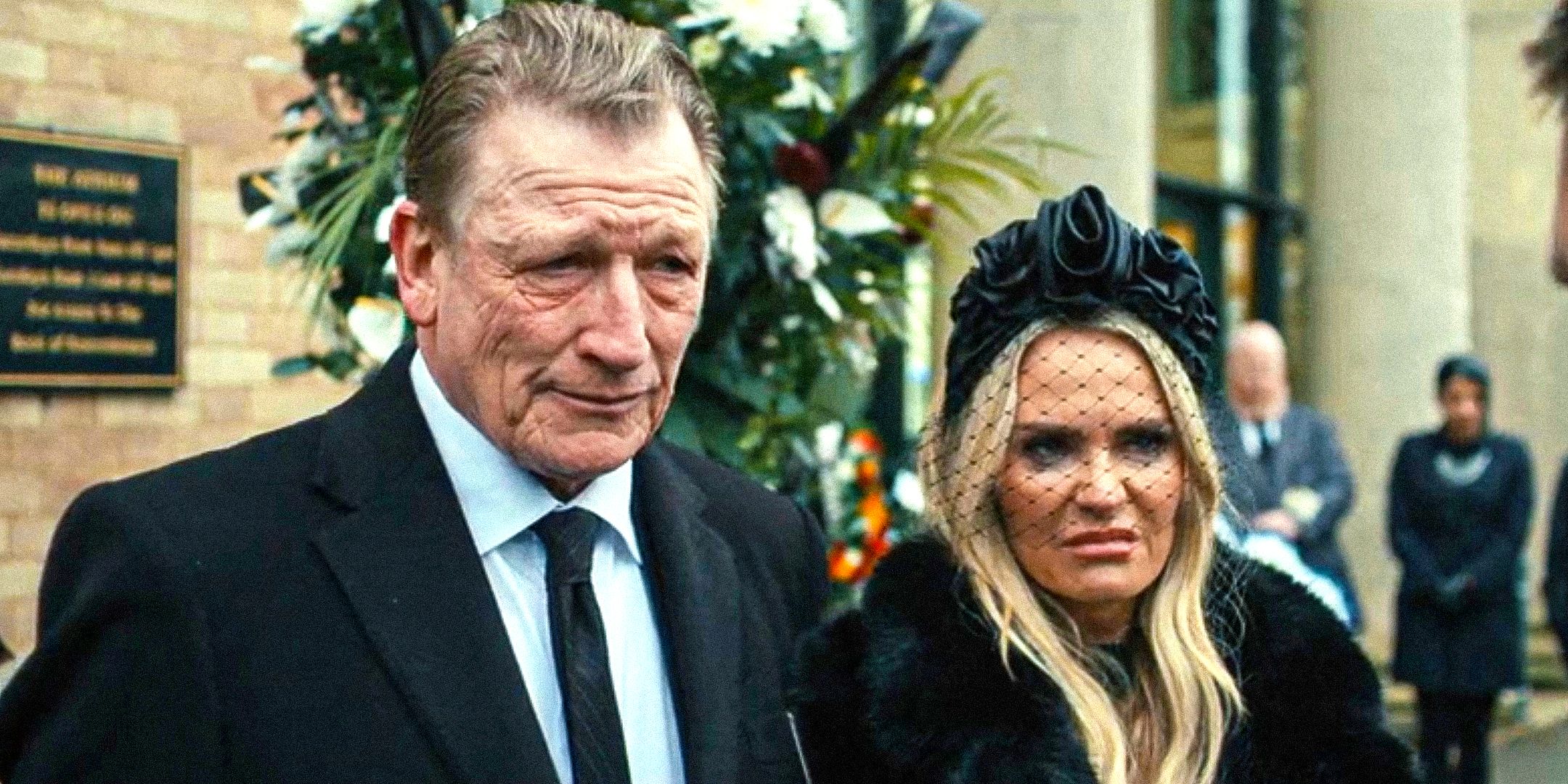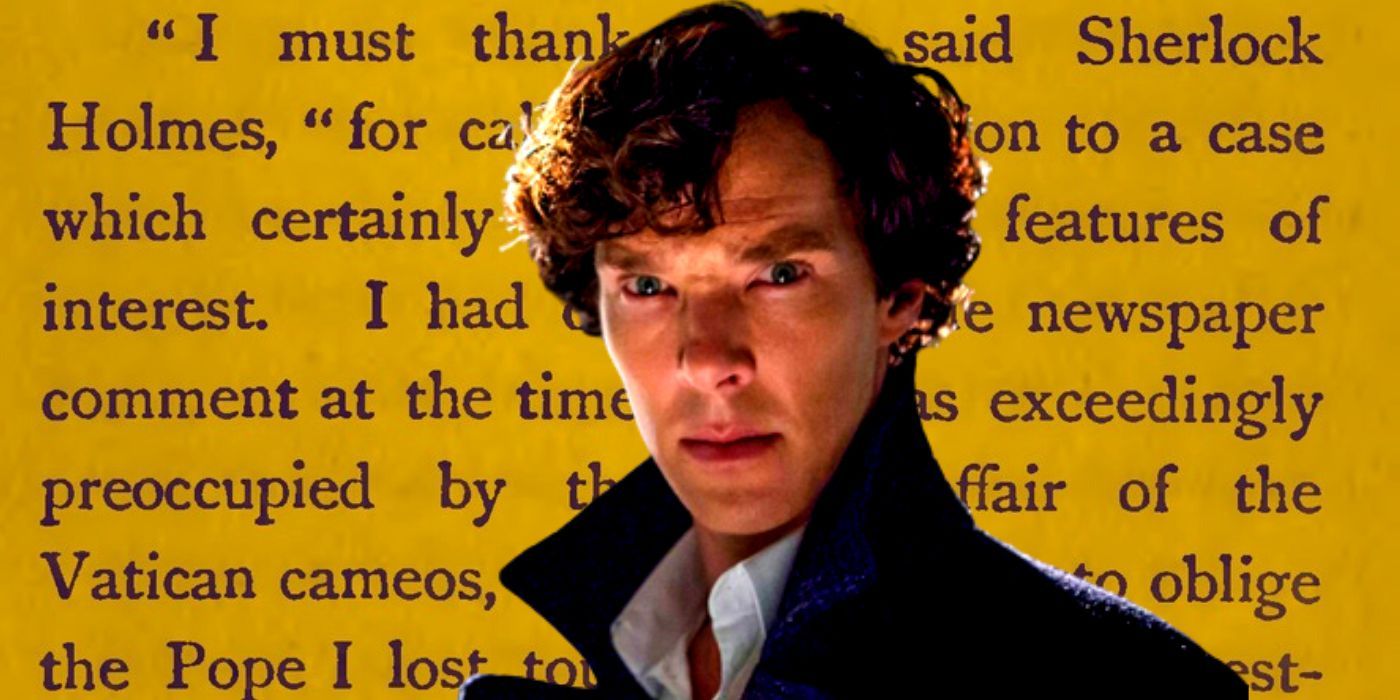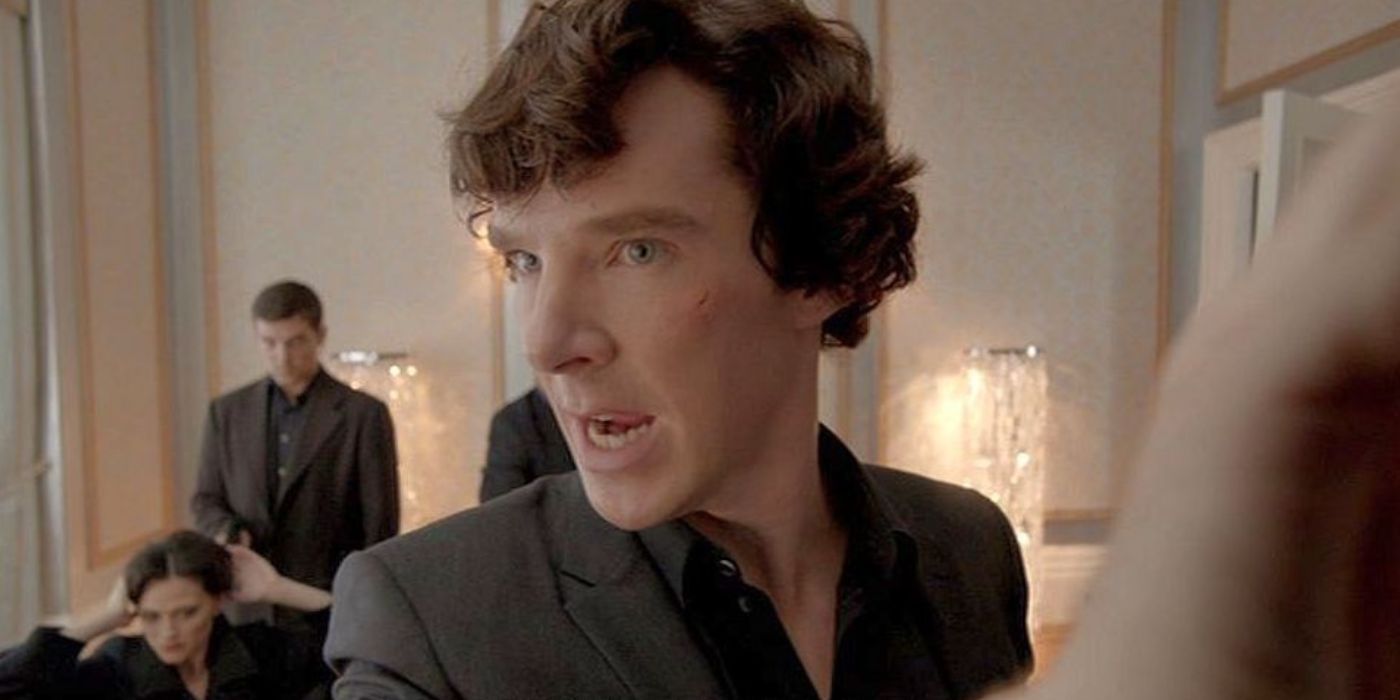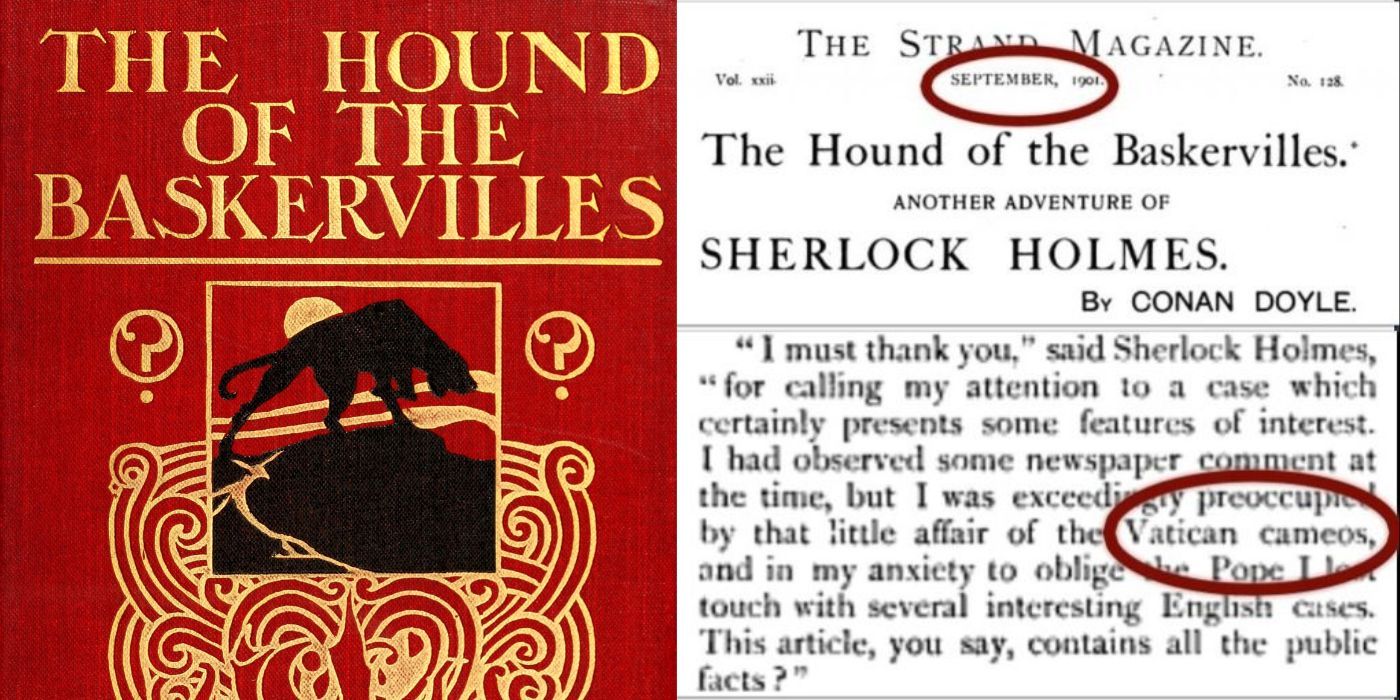On the surface, BBC’s Sherlock is a modern retelling of the adventures of the titular sleuth but its multi-layered narratives also have enough space to throw in niche references from the original Arthur Conan Doyle canon (such as the mention of Vatican Cameos). Not only does Sherlock’s episodes incorporate canonical characters and callbacks from iconic literary works by Doyle, but even the popular phrases from Doyle’s lifetime are echoes despite the Benedict Cumberbatch-starrer being very much set in the 21st century. The multiple primetime-Emmy winner revolved around the familiar adventures of Sherlock Holmes and his longtime ally John Watson as they solve all sorts of cases in modern London.
Given that Sherlock ran for only four seasons (three episodes each), it could not adapt all of Doyle’s original four novels and 56 short stories. However, showrunners and Doctor Who alumni Steven Moffat and Mark Gatiss seemed to have tried their best in offering enough Easter Eggs to impress the most ardent fans of the master detective. For instance, Sherlock saying “the game is on” is a different nod to Doyle making his character say, “the game’s afoot”. Locations like the Reichenbach Falls are also retained. Sherlock’s utterance of the phrase “Vatican Cameos” in two episodes serves as a similar reference, with considerable historical and literary context.
"Vatican Cameos" Is Used By Sherlock & John To Warn Each Other That Someone May Die
The phrase, “Vatican Cameos”, is first heard in the season 2 episode “A Scandal In Belgravia” when Sherlock is trying to open Irene Adler’s safe. But when unexpected CIA operatives also hold Sherlock and Watson captive, the protagonist utters the phrase as some sort of codeword. Watson intelligently picks up what Sherlock says by attacking one of the agents while Sherlock releases the trigger of a gun set within an elaborate trap. The detective says it again at Watson’s wedding in “The Sign of the Three” (season 3, episode 2), a command that Watson immediately catches on, understanding that a murder is to happen at the ceremony.
Watson’s wife, Mary, cannot comprehend the situation as she asks him what it means, a question to which Watson answers with “Someone’s going to die”. While the phrase might have come off as unusual, it is clear in both scenes that Watson can understand Sherlock’s words no matter how bizarre they might sound. It makes complete sense given how Watson is one of the few people who can stand him for a long time. Even though he might not be as valiant or tactful as Sherlock, these scenarios show how Watson is so important for Sherlock, and he is always ready to get into action.
"Vatican Cameos" Is A Reference To Arthur Conan Doyle's "Hound Of The Baskervilles"
The vague mention of “Vatican Cameos” is a deliberate nod by Moffat and Gattis to Doyle’s acclaimed novel Hound of the Baskervilles that found Holmes investigating murders caused by a hound of supernatural origins (allegedly). Somewhere in the novel, Sherlock goes on to mention how he was once called upon by the Pope for a case involving the so-called “Vatican Cameos”. As he also adds, “I lost touch with several interesting English cases”, it is clear that he might have solved the case by actually going to the Vatican. However, the untold Holmes adventure still doesn’t mention the actual meaning of these “cameos”.
Given how it is referenced in the BBC Sherlock show, many watchers, however, also interpreted “Vatican Cameos” for being a codeword dating back to World War II. Considering that Watson has had previously served in the military, it makes sense for him to interpret Sherlock’s codeword. Urban Dictionary defines “Vatican Cameos” as a phrase that signals everyone to duck out of the line of fire. However, there aren’t many verified theories to support this claim, so it can be a misconception. It is most likely that the Sherlock showrunners mainly used it as one of the many Easter Eggs to Doyle’s literature.
